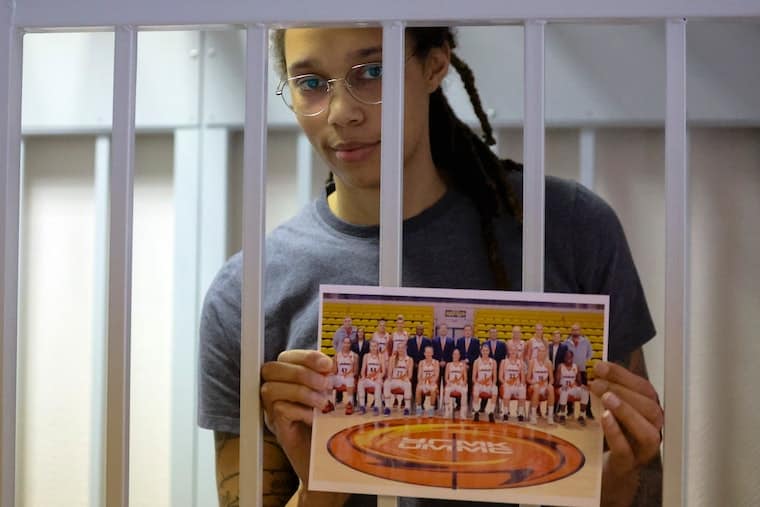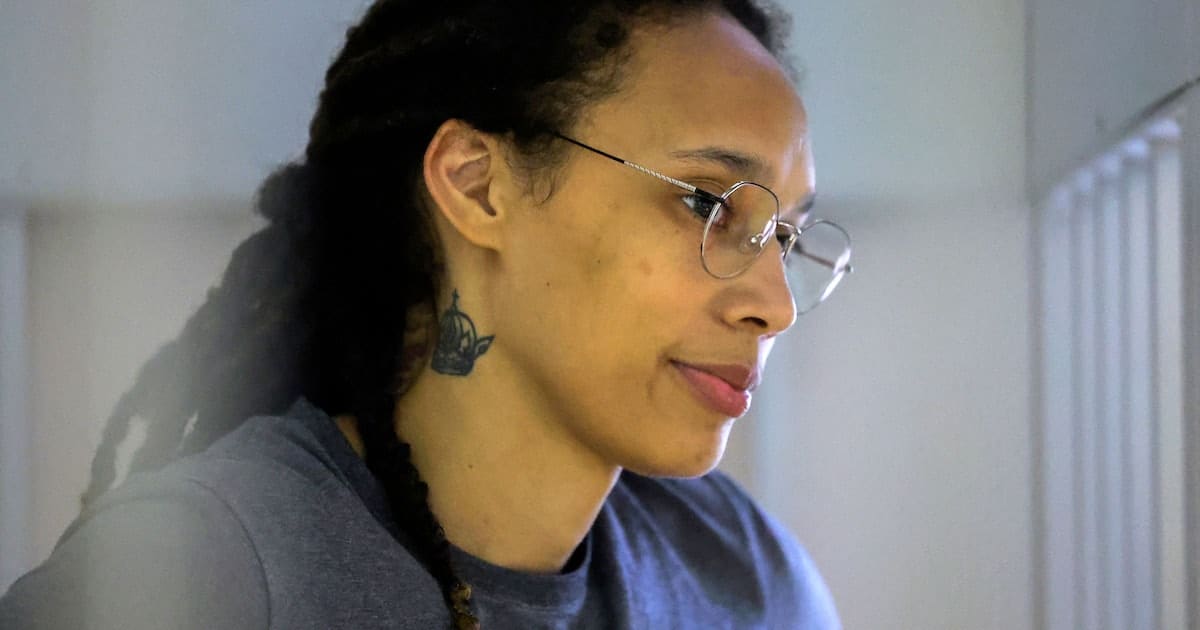It’s uncommon for a Black person’s name to become a hashtag for a good reason. This is the case with Brittney Griner, a tall, swarthy basketball player who has been unjustly imprisoned in Russia since February 17, 2022. She was detained and accused of having vape cartridges in her luggage that contained less than a gram of cannabis oil. This Black LGBT lady was given a nine-year prison term in Russia last week.
Even though the blatant racial and gender inequities became apparent as soon as we learned of her arrest, I found myself having trouble explaining to my 7-year-old the unfortunate and unjust circumstances surrounding Brittney’s case. More than anything, I want him to be able to speak up for Brittney if he overhears friends repeating lies about her that they might be overhearing themselves. I want him to know her name.
Black women in this country are among the most marginalized. Systems that rely on our suffering in silence, developing “resilience,” and being cut off from the assistance of our communities uphold those practices. I want to demonstrate to my son that we won’t ignore the plight of this young Black woman who is detained apart from her family, I want to inform him about Brittney. We will fight to return her to her family using all means at our disposal.
But what exactly do these products do for regular families and parents?
Selena Harper McLaurin, the deputy director of Black Feminist Future, a political organization dedicated to empowering Black women, girls, and gender-expansive individuals to advance liberation, was the subject of our conversation. We discussed their #BringBrittneyHome initiative and how to involve our children in the discussion and take action together.

In March 2022, a campaign called #BringBrittneyHome was started “to put pressure on and demand that the U.S. government fight tirelessly to bring her back home to her family, community, and life here in the U.S.” This campaign requests that “Brittney Griner’s fast and safe release and return to the United States — facing no charges” be given first priority. Additionally, they demand “consistent communication and wellness checks while Brittney Griner is in custody, as well as ongoing visible proof of her safety and wellbeing,” and that “Brittney Griner have access to the same benefits and protections as any other U.S. citizen, including but not limited to consistent U.S. consular access.”
When we questioned McLaurin about the importance of talking to our children about Brittney Griner, she responded that the major issue is the inequities in how Black bodies are monitored and policed around the world.
“Black bodies are often subject to harsher treatment and sentences — and people shouldn’t be held in cages,” McLaurin says. “Russia has a history of discrimination and poor treatment of Black and queer people, putting Brittney at a greater risk of harm there.”
In addition, Brittney wouldn’t be in this predicament if she didn’t need to leave the United States in order to make a living as a basketball player—a fate that male basketball players, of course, are not forced to think about. “If not for the gendered and racialized pay gap disproportionately impacting Black and queer women in professional sports, Brittney would not have had to seek employment outside of the U.S.,” McLaurin says.
McLaurin stressed that we all need to “keep Brittney top of mind until she is safely returned home.” It is heartbreaking to think of her being in any place other than at home with her loved ones. Black women must be safeguarded. We should be given first priority. We should be given the same consideration, respect, and dignity as everyone else. Parents and other adults who are responsible for children can assist them to comprehend her tale and use the resources at their disposal to locate her permanently.









